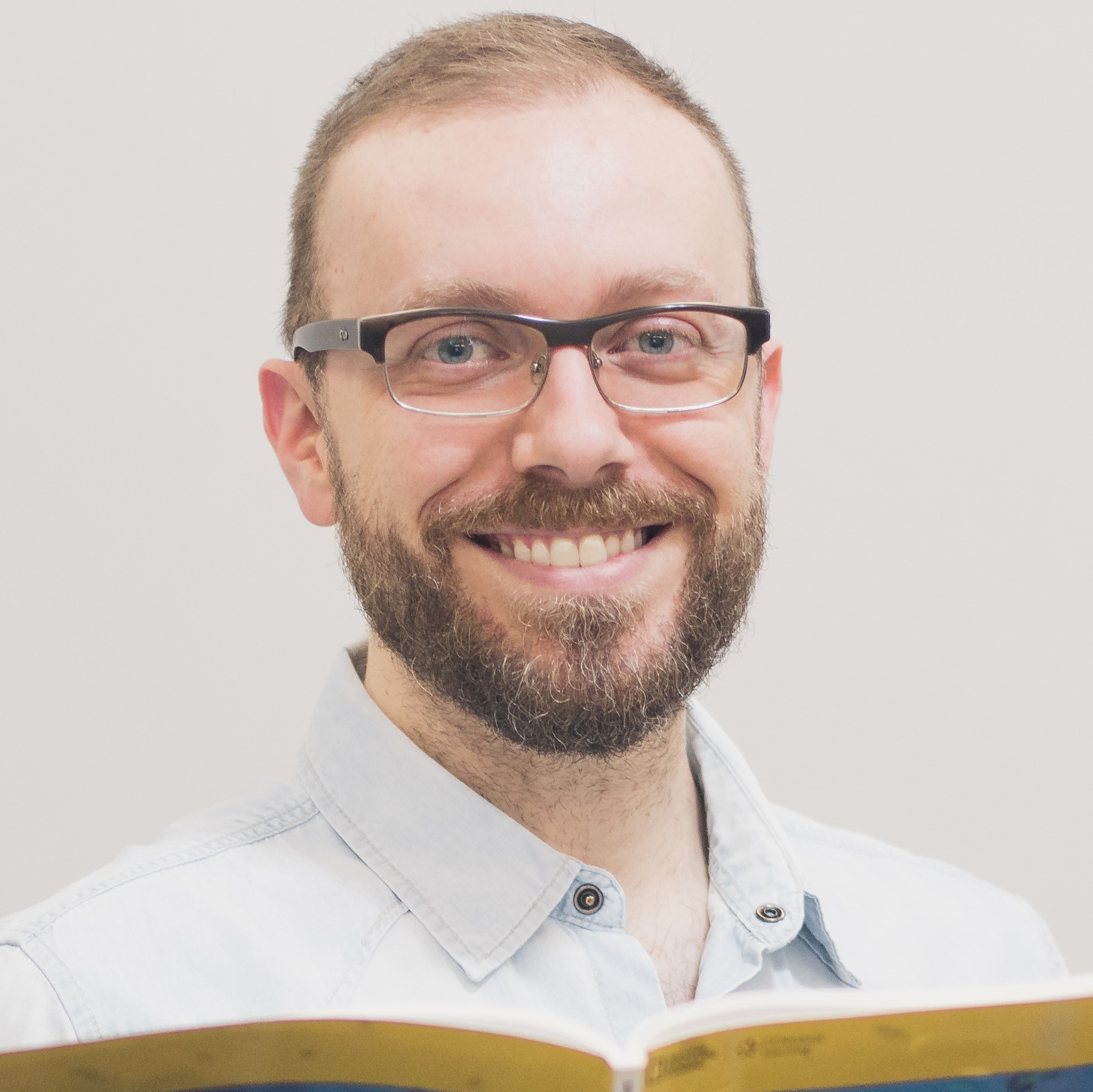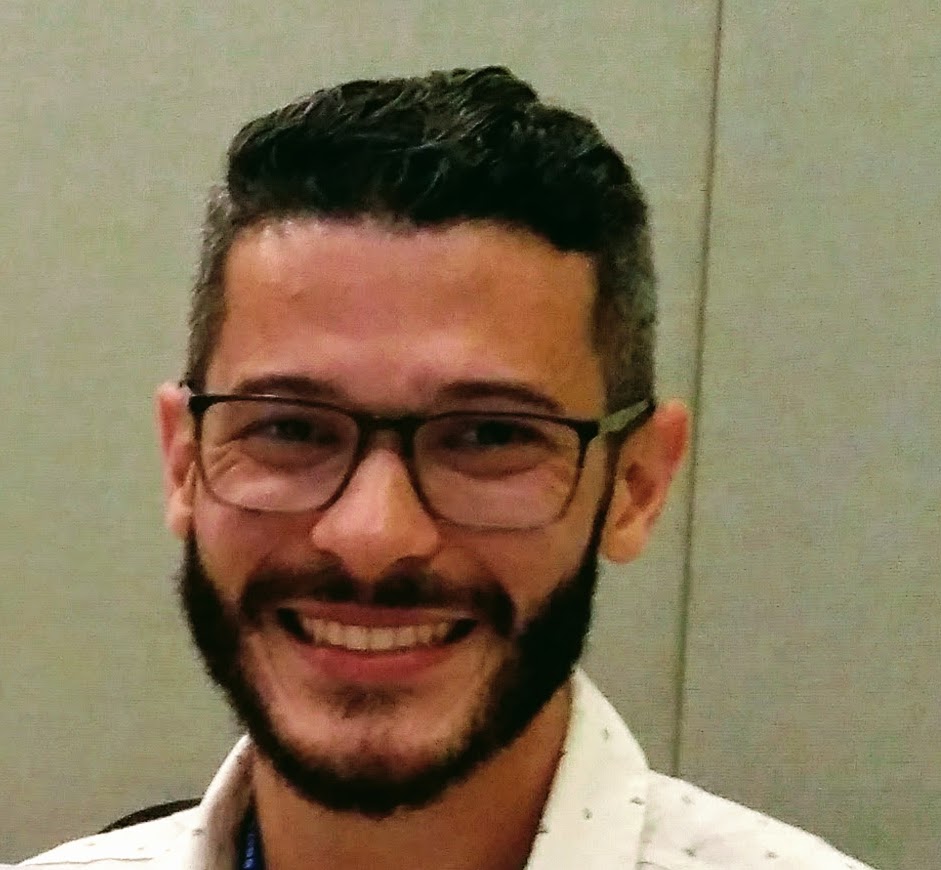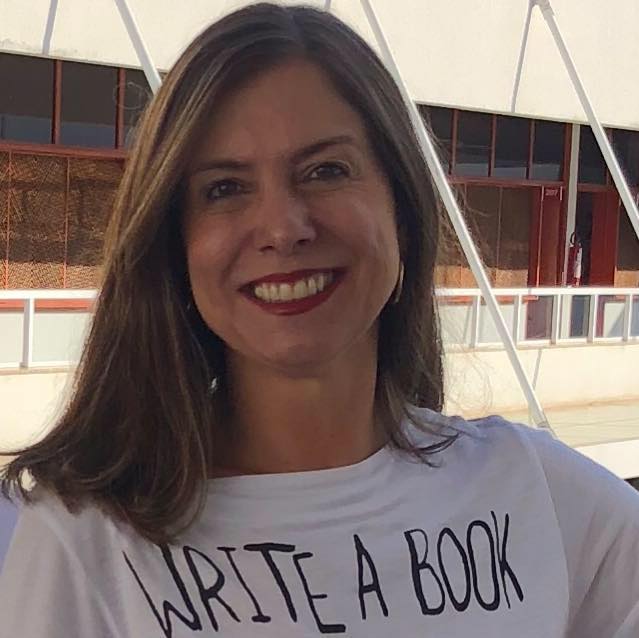Trapped in the dark web of technology
When I was teaching teenagers, I frequently discussed online safety. Cyberbullying, phishing scams and the typical 419 Nigerian prince scam were among our class topics and we would laugh hard at the absurd grammar errors in the spam email letters. However, I have recently learned that the gross grammar errors and the far-fetched stories featured in the 419 letters are actually meant to attract the most vulnerable and gullible and to repel those who are less likely to fall for a scam. So, it seems that scammers are not as stupid as we might think. Just google it and you will find out that, according to Scamwatch, in 2017 Australians lost $340 million to scams ranging from investment scams and identity theft to romance scams. What is scary, though, is that scams victimize people of all age groups, including teenagers and young adults — men and women alike.
As teachers, we assume that technology is part of language learning and we encourage our students to collaborate online and to use it to communicate with others. We often set up Facebook pages and Whatsapp groups where we can provide support for our students in the long, winding road of learning, or simply, schedule classes and share links. We might even assign YouTube video making and sharing. Definitely, YouTube has become a key ingredient for us to bring relevant content into our classes. However, in the light of current events, mainly the livestream Christchurch mosque shooting videos, online safety has become key for us teachers not to expose our students — and ourselves, to the dangers of the web. Although Facebook removed 1.5 million Christchurch attack videos worldwide in the first 24 hours, according to Facebook New Zealand`s Mia Garlick, these staggering figures can give us only a faint idea of how quickly and efficiently content — be it good or evil, is shared on the internet not by hackers, but by people like you and me.
And we are all trapped in it. We are not hiding behind avatars and fake names in ICQ chat rooms anymore. We now feed our Facebook and Instagram profiles with our vacation photos and favorite restaurant check-ins. We publicly display our circles of friends and vent information on our likes and dislikes with the same ease with which we share this type of information with our family members and close friends at a party. We play online videogames on Xbox Live with people from all over the world. Most of us probably have made a comment or two on a public post, no matter how naïve they may have sounded. Truth is, it is still out there and it can say a lot about us to those lurking on the web in search of potential victims.
The new scam methods and the recent events such as the Christchurch mass shooting lead us to conclude that online safety goes beyond the typical phishing scams. What we should also be concerned about is how content spreads within the constraints of the apparently safe and familiar social media groups and pages we create together with our students. It is not a matter of deciding to share personal information or not anymore. Everybody has already shared a thing or two online. We can see ten-year-old YouTubers sharing their daily routines and we can see five-year-olds with smartphones in their hands and earplugs in their ears and neither parents nor teachers have any idea of what content they are accessing. No one is 100% safe online. In one way or another, a stranger out there will learn something about us.
Things have changed dramatically since I first showed a YouTube video on a TV screen to my class of teenagers back in 2005. We should now watch out for fake profiles posing as friends or as famous artists being spoofed to us. We should also watch out for mature and violent content being generated by the very users of social media whose audience are people of all age groups. This is not to say that the Internet was once a safe haven in its beginnings. It is nothing new, but now that more and more people have access to it from the privacy of their tablets and smartphones, it has become urgent that we discuss these issues with our students. By doing this, not only are we educating them, but we are also helping them educate their friends and families on the dangers of online life. This leads us to the core of the social role of education.
For more information on the 419 Nigerian scam letters visit: https://www.telegraph.co.uk/technology/microsoft/9346371/Nigerian-scam-emails-deliberately-implausible.html
For more information on types of online scams visit: https://www.scamwatch.gov.au/about-scamwatch
For more information on the role of Facebook in the Christchurch mass shooting visit: https://www.engadget.com/2019/03/17/facebook-pulled-over-1-5-million-videos-of-new-zealand-shooting/
To learn more about online predators’ methods to target children visit: https://www.anxioustoddlers.com/online-predators/#.XJDtiS2ZO8U






